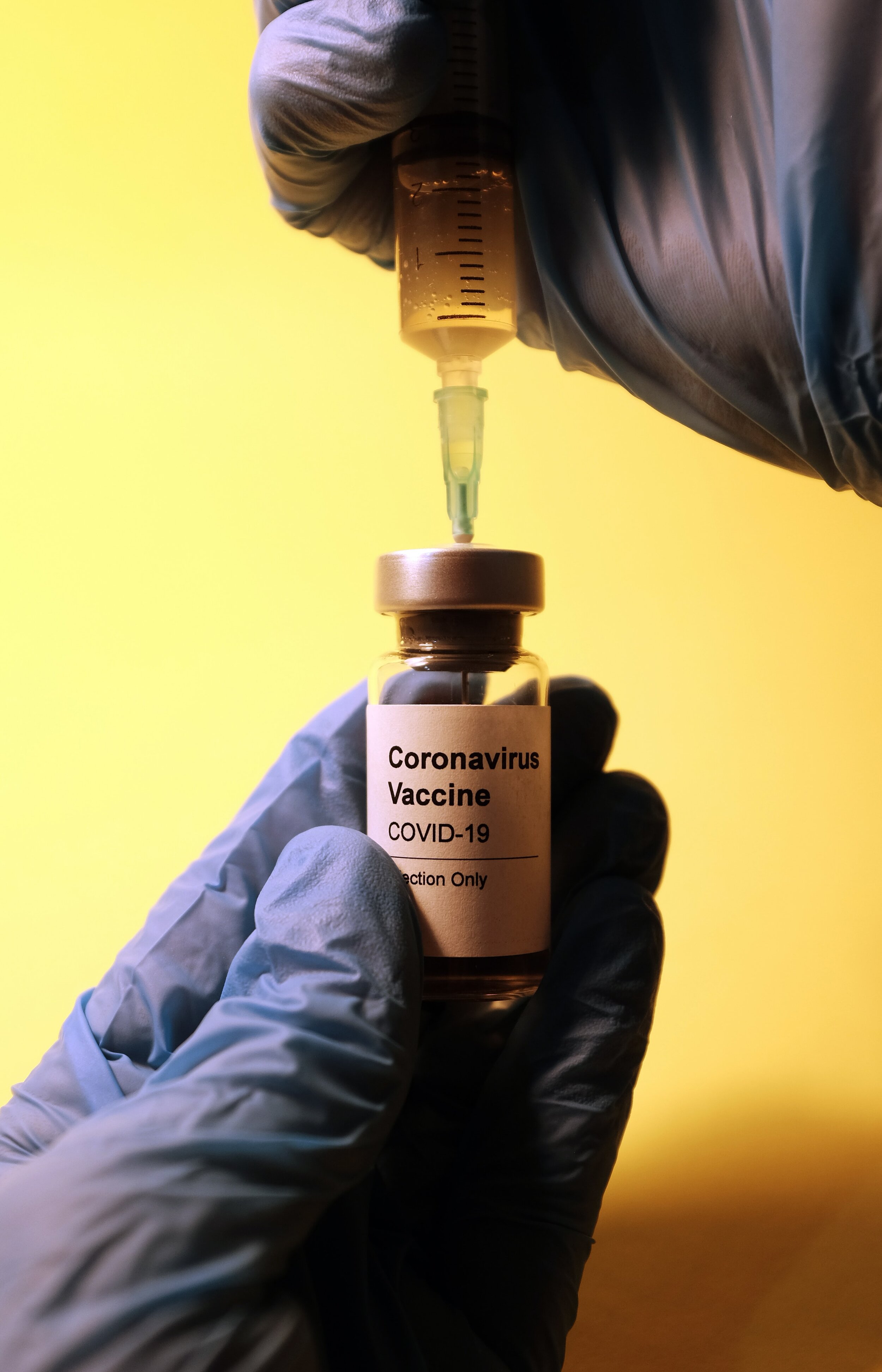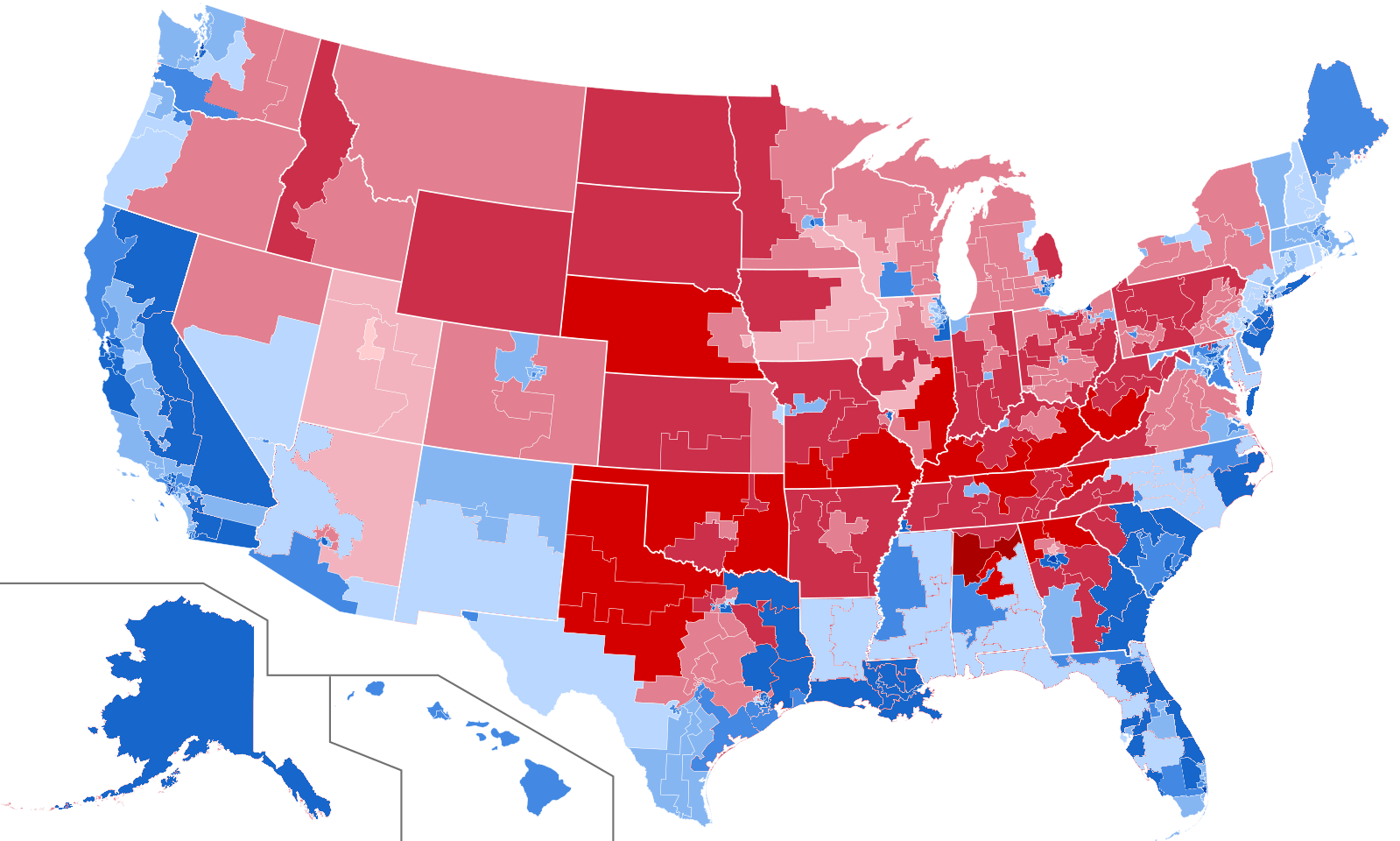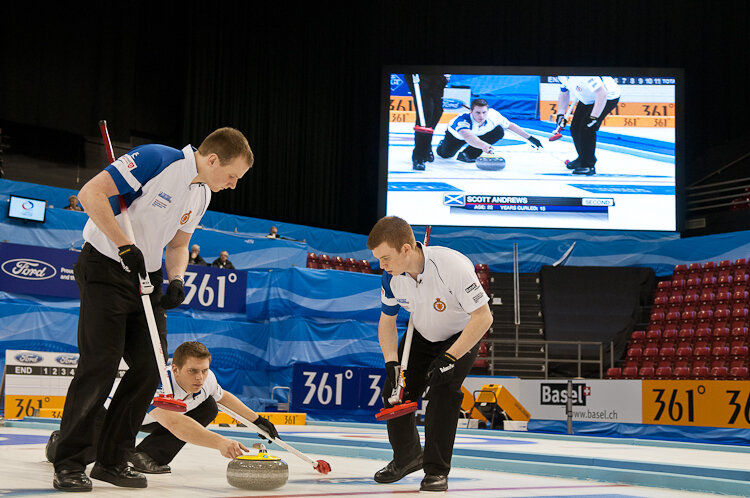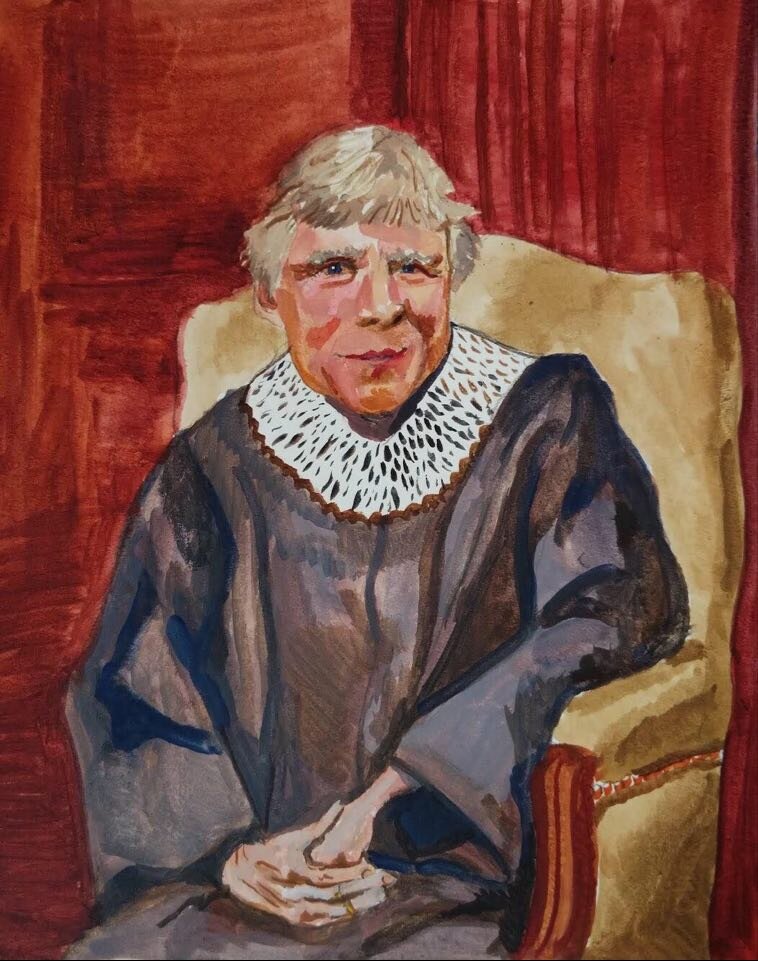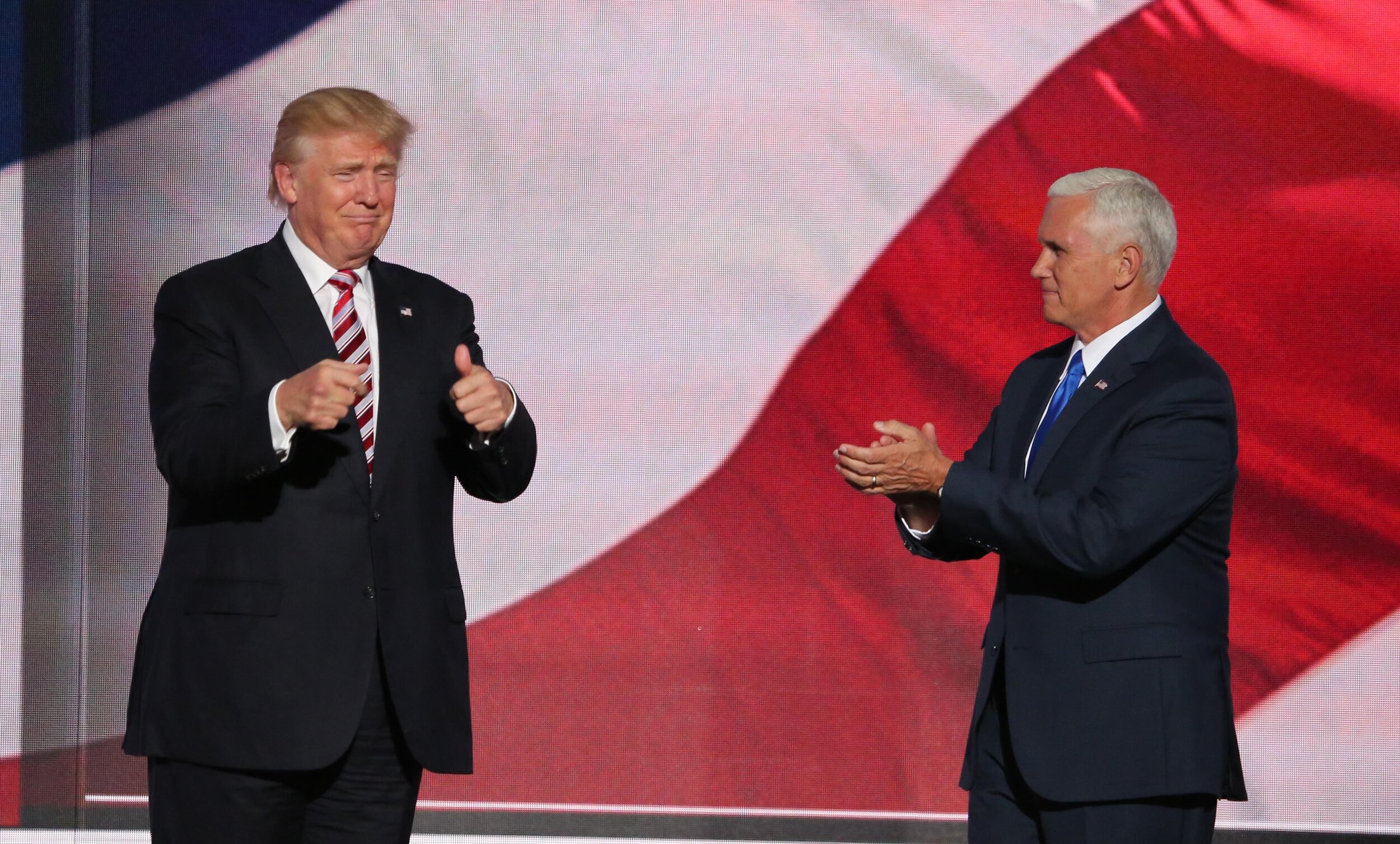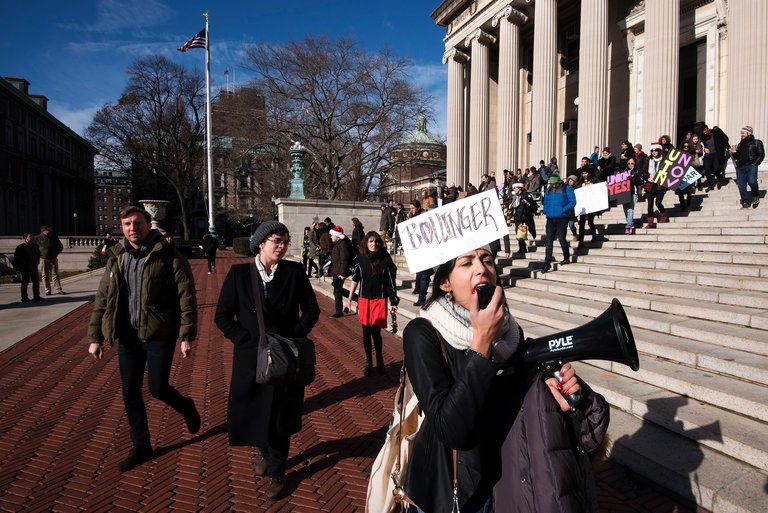

COLUMBIA UNIVERSITY – A written statement from Columbia President Lee Bollinger has announced the University’s intention to bargain with the graduate students union.
The statement comes days in advance of the Graduate Workers of Columbia’s strike authorization vote, which was set for April 2nd. The statement, issued late last night, declares Bollinger’s support for unionization and marks a dramatic policy reversal. Earlier this month University Provost John Coatsworth released an open letter reiterating the administration’s intention to to seek legal action rather than meet the union’s demands for collective bargaining. According to Bollinger, all legal proceedings will be dropped. As of press time GWC representatives have not yet announced whether or not they intend to move forward with the vote.
“I believe that collective bargaining is the best path forward for student workers and for the University,” Bollinger’s statement reads, “not only because it allows us to foster a better working relationship, but because it’s just the right thing to do.”
Bollinger described the evolution of his thinking on the subject. “The decision to meet the union’s demands was not one that I nor my colleagues in the administration took lightly,” Bollinger said. “For months we were steadfast in our conviction that the relationship of graduate students to the faculty that instruct them should not be reduced to ordinary terms of employment. However, upon careful consideration of the impassioned arguments made by union representatives in a letter sent to my office last February, I am now convinced that we were mistaken. After almost a year of listening to protesters chanting ‘Where’s Lee Bollinger’ on the steps outside my office, I realized they had a point. I wasn’t where I should be: on their side. It was a humbling moment.”
Bollinger took care to reaffirm his commitment to good faith procedural elements of the law. The National Labor Relations Board ruled 3-1 in favor of graduate student unionization in October of 2016 and rejected the series of appeals made by the University, the most recent of which was issued in December of 2017. Bollinger explained that despite the University’s original plans for legal action, his personal and professional sensibilities forced him to change course and abide by the National Labor Relations Board’s rulings.
Bollinger also applauded union members for their “moxie,” and acknowledged the difficulty of life as a graduate student, drawing comparisons to his own experiences time at Columbia University Law School. “I have a moral obligation to care for graduate students and the greater student body, and the actions we have taken in recent months simply were not fulfilling that responsibility,” Bollinger said.
These sentiments stand at a contrast to the stated position of Provost Coatsworth, who suggested in an open letter on March 3rd that compensation given to Columbia’s graduate students — which includes a stipend, benefits, full tuition, and free showers in Dodge Fitness Center — is not only satisfactory, but is among the best offered at any American university. Bollinger’s statement seems to suggest, as union members have argued, that this remuneration is unsatisfactory.
Coatswoarth, who emailed a comment to the Spectador in advance of a formal statement expected early next week, said the Provost’s office will abide by the President’s decision, but that he is not looking forward to the “smirks on those punks’ smug little faces.”
Bollinger’s reversal is being applauded by student leaders across campus. Olga Brudastova, a SEAS graduate student and communications director for GWC, commended the President for his decision. “Not only does this display the values of President Bollinger, but the values of Columbia University as a whole,” Brudastova said. “The ethos of this statement seems to dispel the notion that President Bollinger is a two-faced obstructionist content with letting us starve until the Trump Administration fills the National Labor Relations Board with people who will be instructed to either overturn the original ruling or have union organizers summarily executed.”
Other students shared Brudastova’s enthusiasm. Jonathan McAvoy, a Phd candidate in the Masters of Oral History program and GWC member, expressed regret over his and other student’s characterization of President Bollinger prior to this turn of events. “We all thought Bollinger was a snake,” said McAvoy. “The disparity between the virtues that Bollinger claimed to hold and the attitudes represented by his actions seemed to indicate a preference for the University’s bottom line above any concern for our well being. I am very glad to see that we were wrong about him.”


